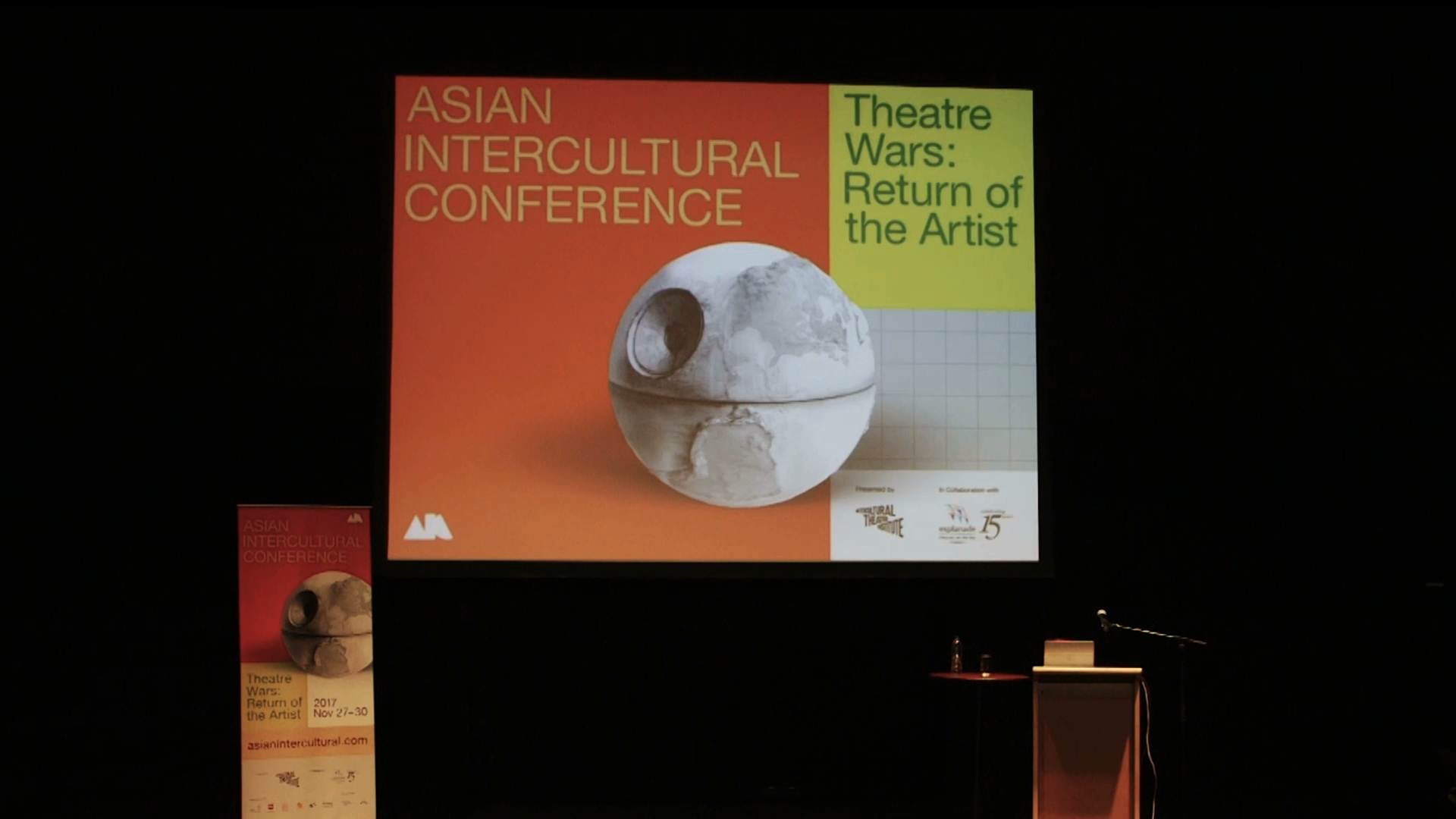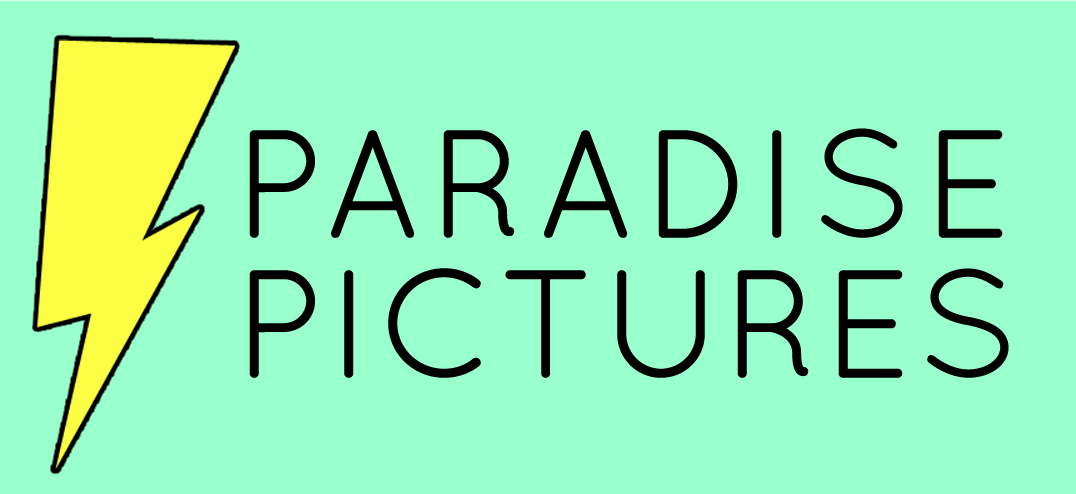
Asian Intercultural Conference 2017
https://www.asianintercultural.com/
Behind the tongue-in-cheek theme of this edition of AIC is a serious concern — the survival, agency and autonomy of the individual artist working in theatre in an age of unprecedented change due to globalisation and its accompanying “capitalist” forces.
The international structures of theatre making - in terms of funding (commissions), talent (training), audiences (market) and costs (economics) – are clearly being determined and increasingly dominated by purely “capitalist” interests. Overriding commercial potential, profitability, marketability and business interests - these are the principal criteria driving the creation of new work, influencing every aspect of theatre development from the call, to commissioning new work, through to determining the duration and quality of the rehearsal process and the modes of presentation for consumption. The “capitalist” stranglehold extends across all the production platforms from National Arts Festivals and International Festival Circuits to the programming directives of National Theatres and Performing Arts Venues. The “capitalist” challenge to theatre-making and the changes it has wrought are irrefutably pervasive and pitiless, and quite possibly permanent.
It may well be theatre’s Death Star.
In the face of this reality, what can the individual artist do, tactically and strategically, and how should s/he respond? How can the artist embrace this change without compromising artistic or creative integrity? What are the best ways to negotiate agreements/dialogue with Festival organisers, Artistic Directors and, increasingly, curators of events? Is resistance really an option?
That is the basic question this four-day conference will seek to answer.


https://www.asianintercultural.com/
Behind the tongue-in-cheek theme of this edition of AIC is a serious concern — the survival, agency and autonomy of the individual artist working in theatre in an age of unprecedented change due to globalisation and its accompanying “capitalist” forces.
The international structures of theatre making - in terms of funding (commissions), talent (training), audiences (market) and costs (economics) – are clearly being determined and increasingly dominated by purely “capitalist” interests. Overriding commercial potential, profitability, marketability and business interests - these are the principal criteria driving the creation of new work, influencing every aspect of theatre development from the call, to commissioning new work, through to determining the duration and quality of the rehearsal process and the modes of presentation for consumption. The “capitalist” stranglehold extends across all the production platforms from National Arts Festivals and International Festival Circuits to the programming directives of National Theatres and Performing Arts Venues. The “capitalist” challenge to theatre-making and the changes it has wrought are irrefutably pervasive and pitiless, and quite possibly permanent.
It may well be theatre’s Death Star.
In the face of this reality, what can the individual artist do, tactically and strategically, and how should s/he respond? How can the artist embrace this change without compromising artistic or creative integrity? What are the best ways to negotiate agreements/dialogue with Festival organisers, Artistic Directors and, increasingly, curators of events? Is resistance really an option?
That is the basic question this four-day conference will seek to answer.
